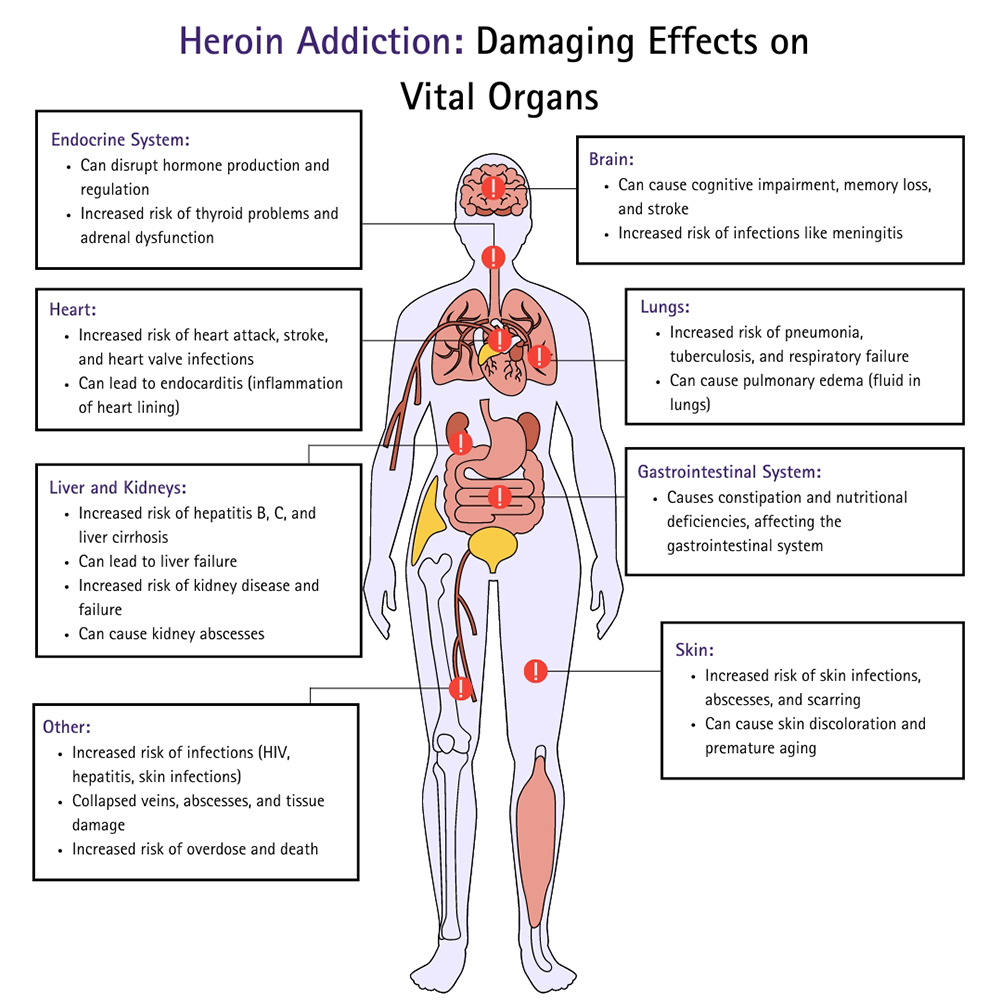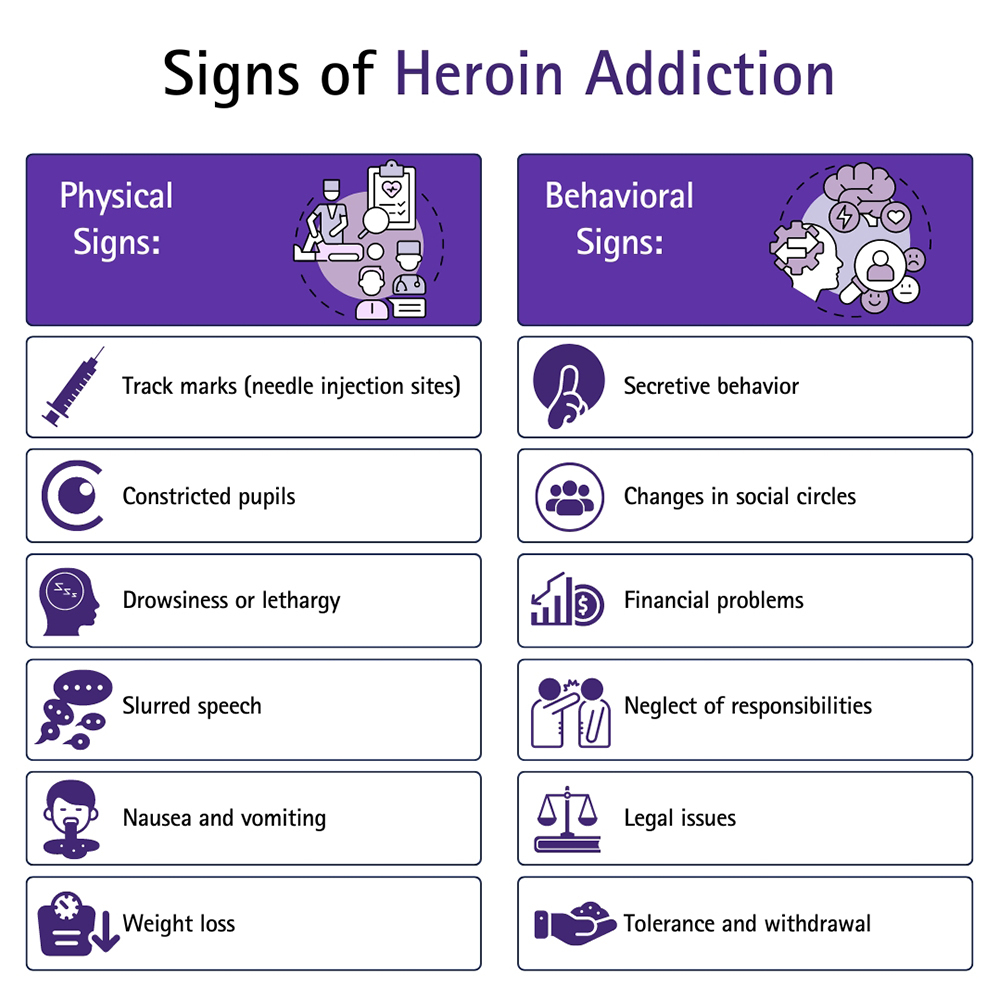 Our team of experienced and qualified professionals includes therapists who are certified in:
Our team of experienced and qualified professionals includes therapists who are certified in:
- Rational emotive behavior therapy (REBT)
- Cognitive behavioral therapy (CBT)
- Eye movement desensitization and reprocessing (EMDR)
These therapies are effective in treating addiction, and they can help you identify and change the negative thoughts, feelings, and behaviors that contribute to your addiction.
We understand that choosing the right heroin or opioid addiction treatment program is a difficult decision. Clinicians at the Trauma Therapy Center have extensive training in treating heroin use as well as personal and professional experience in healing trauma that leads to drug use. During your first session, one of our experienced therapists will assess your needs and help you to develop a personalized treatment plan.
What Is Heroin?
Heroin is an opioid made from morphine, which comes from the poppy plant. Heroin comes in the form of a white or brown powder that can be inhaled, injected, or smoked. Heroin is a Schedule I drug, which means it is highly addictive and has no medical use.
The use of heroin causes physical dependence, which means the person needs to continue using it for their body to function properly or they will go into withdrawal.
Any amount of heroin can cause an overdose or death.
Heroin can have negative physical effects such as:
- Liver damage
- Lung damage
- Heart problems
- Collapsed veins
- Increased risk of infections and diseases
If you or someone you know may be experiencing a heroin addiction ask for professional help. Heroin addiction is incredibly dangerous and even the smallest dose can lead to death.
Signs and Symptoms of a Heroin Addiction
The clinical term for heroin addiction is opioid use disorder.
Symptoms of opioid use disorder include:
- Opioids taken in larger amounts and for a longer time than intended
- Unsuccessful efforts to decrease the amount of opioids used
- A great amount of time and energy are spent on acquiring, using, and recovering from opioid use
- Strong urge to use
- Use of opioids resulting in failing to perform responsibilities at work, home, or school
- Continued use regardless of negative consequences
- Important work or social activities given up because of opioid use
Some signs that can alert you of a heroin addiction include:
- Dilated pupils
- Weight loss
- Fatigue
- Runny nose
- Itchy skin
- Withdrawal from family and friends
- Increased financial problems
- Stealing or borrowing money
- Suicidal thoughts or behaviors
If you notice any of these signs or symptoms in yourself or anyone you know it is important to seek professional help. Heroin addiction is difficult to overcome but with the right professional support, it is possible.
Risk Factors and Causes of Heroin Addiction
Heroin addiction is caused by both genetic and environmental factors. A family history of drug or alcohol addiction can increase the risk of a substance use disorder like heroin addiction.
Based on my personal and clinical experience, I believe that the use and addiction to heroin is a coping skill after trauma. When someone goes through an intense traumatic experience, their bodies and brains are overwhelmed. At times, substances, like heroin, are the only coping skill that is available to the individual. Learning healthy coping skills and forming connections with others in recovery are the pillars of heroin addiction recovery.

Signs It’s Time for Heroin Addiction Treatment
The only sign you need for heroin addiction treatment is the negative consequences of heroin use. Heroin addiction is a serious and life-threatening condition. However, with treatment, it is possible to overcome and live a life free of substance addiction.
Types of Treatment Available for Heroin Addiction
Types of treatment available for heroin addiction include:
- Medication for opioid use disorder (MOUD): Also known as medication-assisted therapy (MAT) is a form of treatment that involves the combination of medication and psychotherapy. Medication is used to control withdrawal symptoms, minimize cravings, and reduce the risk of relapse. Psychotherapy addresses the underlying cause of addiction and helps clients develop healthy coping skills and practice self-love.
- Behavioral therapy: The other option for heroin addiction treatment is behavioral therapy. Behavioral therapy can help people with a heroin addiction identify their negative thoughts, feelings, and behaviors.
- Groups: There are multiple different types of support groups and professional group therapy. Support is a key feature in heroin addiction recovery.
For most people, a combination of these different types of treatment is the most effective for overcoming heroin addiction. Talk to your therapist about your options and create a recovery plan that works best for you.
The Benefits of Heroin Treatment
The benefits of heroin addiction treatment include:
- Freedom to live the life you want without substance dependence
- Improve mental and physical health
- Improved social relationships
- Reduce the risk of overdose and death
- Decrease the negative emotions attached to traumatic memories
- Remove the need for substance use
My clients share that their lives completely changed after heroin addiction treatment. They report the need to use has gone away, increased feelings of satisfaction from life without drug use, and improved relationships with friends and family.

If you or someone you know is struggling with heroin or opioid addiction, please contact us today to talk to one of our best therapists. We are here to help you achieve lasting recovery from heroin addiction in West Palm Beach.

